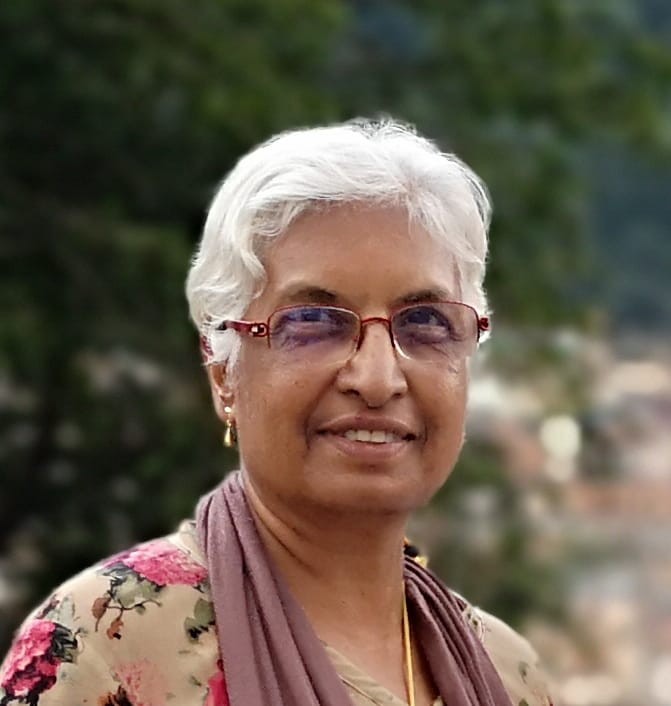
By Sayuri Persotham
Dr Savathrie Margie Maistry advocates for a holistic educational approach. She critiques the flaws in South Africa's current education system: "The purpose of education has always been to educate students for a career, from preschool to grade school, and finally to university."
Maistry questions this culture of predetermined certainty in which today's children are raised. She reflects on how the COVID-19 pandemic "turned the whole education system on its head", problematising students' lack of preparedness and the resulting decline in mental health.
For Maistry, students need to be educated for life - to be prepared for its uncertainties. The current system breeds information overload and a consequential regurgitation of knowledge. She cites Freire's Pedagogy of the Oppressed, highlighting the need to foster active dialogues between academics and students.
"That's what community engagement does; it takes learning further. Learning doesn't only happen within the brick and mortar buildings of a university, a classroom or a lecture hall, right? It happens outside of that boundary."
Maistry is a Research Associate at Rhodes University Community Engageament and is also the division's former director. Maistry also serves as the Editor-in-Chief of the African Journal of Higher Education Community Engagement (AJHECE), which she explains aims to "contribute to a better understanding of what community engagement is as a core function of higher education. Tto educate for life through the cultivation of humanity".
Maistry stresses the fundamental interconnectedness of human beings: "Your life depends on mine, and we need to take care of each other." Community engagement bridges the gap between education and humanity.
For Maistry, this looks like "Prioritising the universal human values that need to be inculcated in students at all levels of education, beginning with universities," Maistry replies.
As the first journal of its kind, AJHECE publications explore community engagement in the context of the African continent, encouraging a range of South-South partnerships. The journal's third issue explores the dominant ideologies of Western social innovation and its embedded notions of coloniality.
"In actuality," Maistry argues, "decolonisation should underpin African conceptions of social innovation. The issue frames creative methodologies and approaches to community-based participatory research. This includes the use of tools like social entrepreneurship and storytelling to support disadvantaged students and other vulnerable groups.
And all begins with engaged citizenship. We, as students and as members of the community, must take the initiative to better the environments in which we live.
